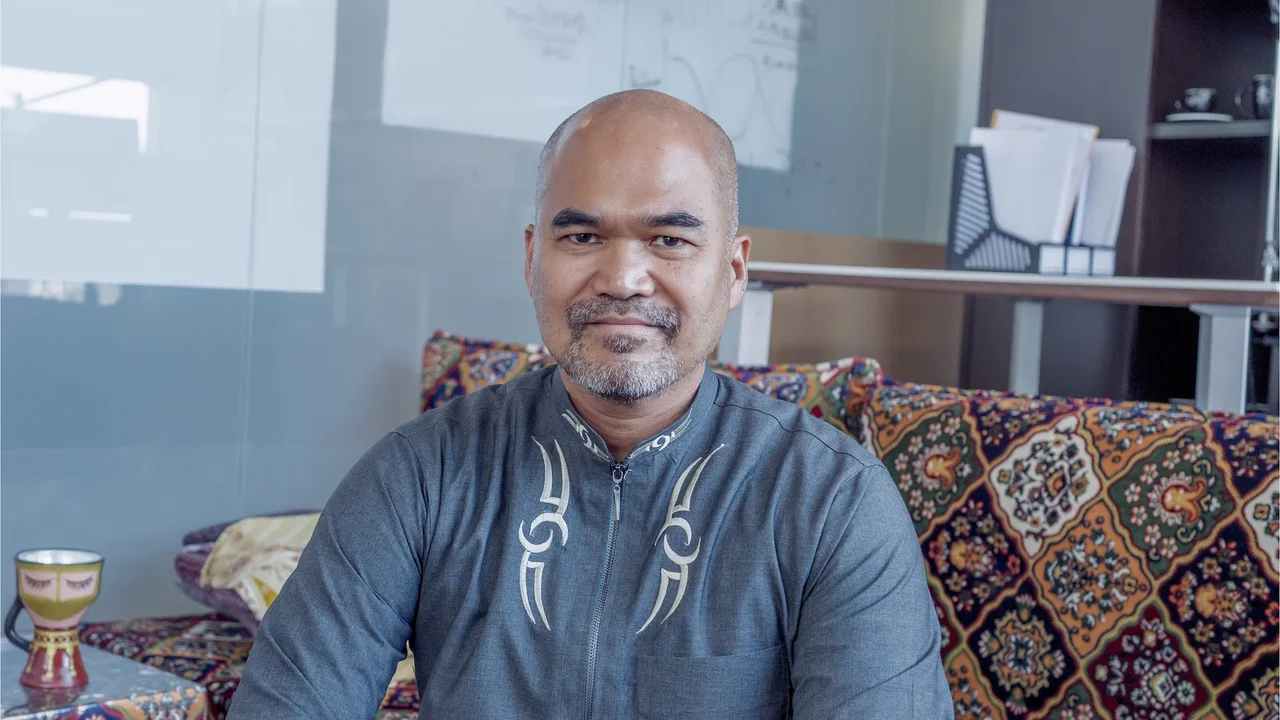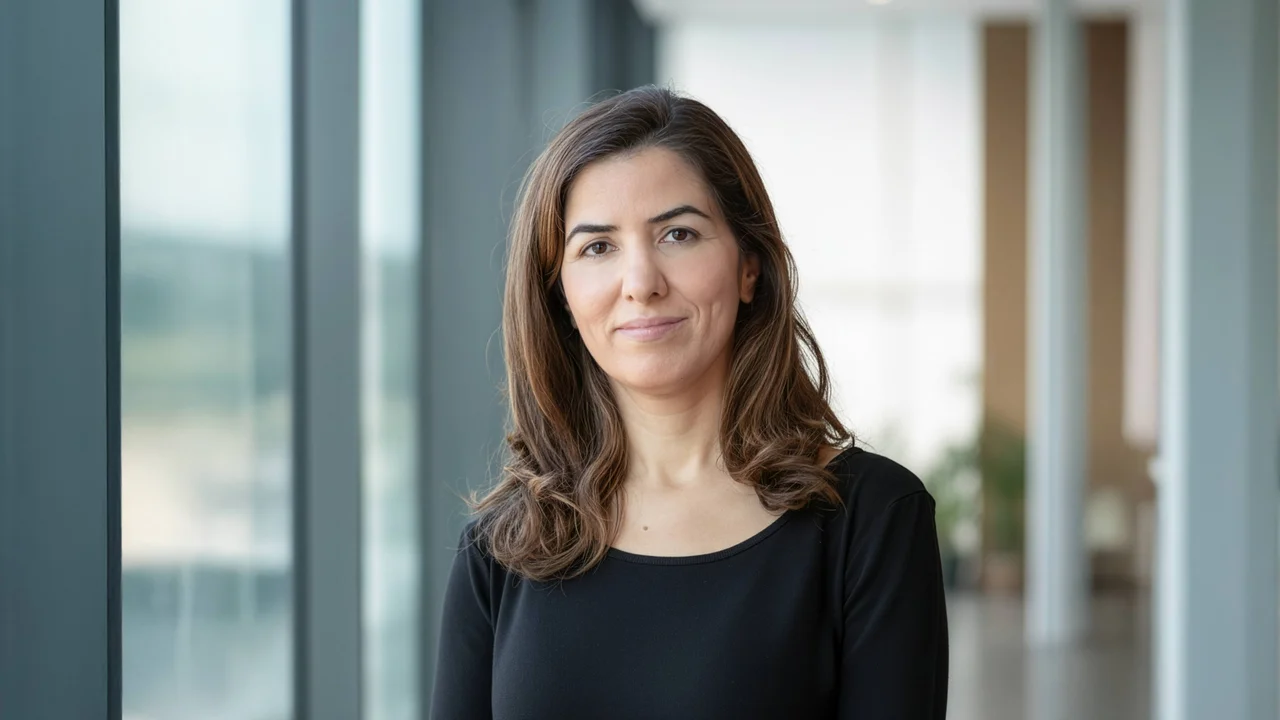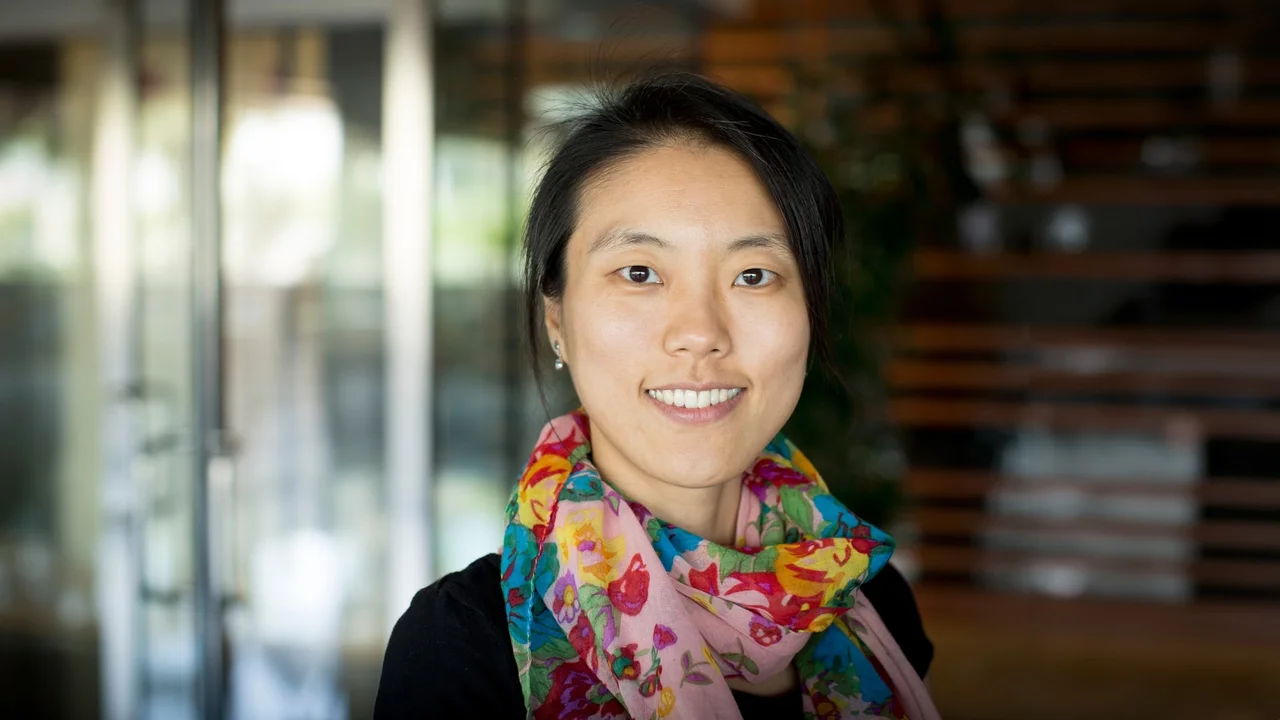
Health and Environmental Applications
The CEMSE STAT program extends its expertise in statistical methodologies to a variety of critical domains. Our interdisciplinary research efforts are aimed at advancing knowledge and addressing pressing issues.
Research Focus
- Biostatistics: involves applying statistical methods to biological and medical research. This research area focuses on designing studies, analyzing data, and interpreting results to advance knowledge in health, medicine, and biology.
- Public Health and Epidemiology: focuses on studying the distribution and determinants of health and diseases in populations. It aims to improve health outcomes through disease prevention, health promotion, and policy-making, involving data analysis, health surveillance, and intervention strategies.
- Environmental Statistics: Applies statistical methods to environmental science, analyzing data related to air, water, soil and ecosystems to understand and address environmental issues.
Related People
Biography
Hernando Ombao is a professor in the Statistics Program and the principal investigator of the Biostatistics Group at KAUST. His research focuses on developing time series models and novel data science methods for analyzing high-dimensional complex biological processes. He leads a group of researchers specializing in spectral and time-series analysis, functional data analysis, state-space models, and signal processing for brain signals and images. His group collaborates closely with neuroscientists to model the associations between neurophysiology, cognition and animal behavior.
Before joining KAUST, Professor Ombao was a tenured faculty member at the University of Illinois Urbana-Champaign, U.S., Brown University, U.S. and the University of California, Irvine, U.S. He earned a B.Sc. in Mathematics in 1989 from the University of the Philippines, an M.Sc. in Statistics in 1995 from the University of California, Irvine, and a Ph.D. in biostatistics in 1999 from the University of Michigan.
Ombao is an elected fellow of the American Statistical Association. He has been awarded several grants as a principal investigator by the U.S. National Science Foundation. In 2017, he received the UC Irvine School of Information Sciences Mid-Career Award for Research. He has served as a panel member of the Biostatistics Study Section at the U.S. National Institutes of Health and as an associate editor of leading statistical journals. He is co-editor of the book Handbook of Statistical Methods for Neuroimaging (CRC Press, 2016) and co-editor of a special issue of the Journal of Time Series Analysis.
At KAUST, he holds secondary appointments in the Applied Mathematics and Computational Sciences (AMCS) and the Bioengineering Programs. He also serves as chair of the Institutional Biosafety and Bioethics Committee. Ombao actively collaborates with researchers across the campus and is a co-founder of the interdisciplinary KAUST Neuro-AI Laboratory (NAIL).
Research Interests
Professor Ombao’s research focuses on the statistical modeling of time series data and the visualization of high-dimensional signals and images.
He has developed a coherent set of methods for modeling and inference on the dependence of complex brain signals: testing for differences in networks across patient groups, identifying biomarkers, classifying diseases based on networks and modeling associations between high-dimensional data from different domains, such as genetics, brain function and behavior.
Education
Biography
Paula Moraga is an Assistant Professor of Statistics at KAUST and the principal investigator of the GeoHealth research group. Before joining KAUST in 2020, she held academic statistics positions at Lancaster University, Harvard School of Public Health, London School of Hygiene & Tropical Medicine, Queensland University of Technology and the University of Bath. She received a Ph.D. in statistics from the University of Valencia and a master’s in biostatistics from Harvard University.
Moraga’s research focuses on developing innovative statistical methods and computational tools for geospatial data analysis and health surveillance. She has developed modeling architectures to identify targets for intervention for diseases such as malaria in Africa, leptospirosis in Brazil and cancer in Australia. Additionally, she has created several R packages for Bayesian risk modeling, cluster detection and travel-related spread of disease.
Her work has directly informed strategic policy in reducing the burden of diseases such as malaria and cancer in several countries. Moraga has published extensively in leading journals and authored the books "Geospatial Health Data" and "Spatial Statistics for Data Science." In 2023, she received the Letten Prize from the Letten Foundation and the Young Academy of Norway for her pioneering research in disease surveillance and her contributions to sustainable health and environmental solutions globally.
Research Interests
Dr. Moraga has worked in statistical research for over a decade, focusing strongly on spatial epidemiology and modeling. She develops innovative statistical methods and computational tools for geospatial data analysis and health surveillance, including methods to understand geographic and temporal patterns of diseases, assess their relationship with potential risk factors, identify clusters, measure inequalities and quickly detect outbreaks.
Dr. Moraga is a fervent advocate for open science and reproducible research. She has created educational materials that impact learning on a large scale, including her books "Geospatial Health Data: Modeling and Visualization with R-INLA and Shiny" (https://www.paulamoraga.com/book-geospatial/) and "Spatial Statistics for Data Science: Theory and Practice with R" (https://www.paulamoraga.com/book-spatial/). Her training courses support researchers as they develop sustainable solutions to local issues, and her books have been cited in works that address multiple diseases and health conditions such as COVID-19, neglected tropical diseases, cancer, anemia, malnutrition, child maltreatment, and mental issues.
Education
Biography
Professor Ying Sun received her Ph.D. in Statistics in 2011 from Texas A&M University, U.S. Following her Ph.D., she joined the research network for Statistical Methods for Atmospheric and Oceanic Sciences (STATMOS) as a postdoctoral researcher, working at both the University of Chicago (UC), U.S., and the Statistical and Applied Mathematical Sciences Institute (SAMSI). She then served as an Assistant Professor of Statistics at Ohio State University, U.S., before joining KAUST in 2014 as an Assistant Professor.
Professor Sun has received numerous awards for her research, including the Section on Statistics and the Environment (ENVR) Early Investigator Award from the American Statistical Association (ASA) in 2017 for her significant contributions to environmental statistics. In 2016, she was honored with the Abdel El-Shaarawi Young Researcher (AEYR) Award from the International Environmetrics Society (TIES) for her outstanding work in spatio-temporal statistics, functional data analysis, and visualization, as well as her service to the profession.
Research Interests
Professor Sun’s research centers on developing statistical models and methods for complex data to address important environmental problems.
Her scientific research has contributed greatly to the understanding of environmental statistics. She is involved in the development of every aspect of spatio-temporal and functional data analysis—from developing informative graphical tools for functional data to building computationally efficient, yet physically realistic models for natural spatio-temporal processes.
Sun also works on broader engineering problems that require reliable statistical process monitoring and quality control.


